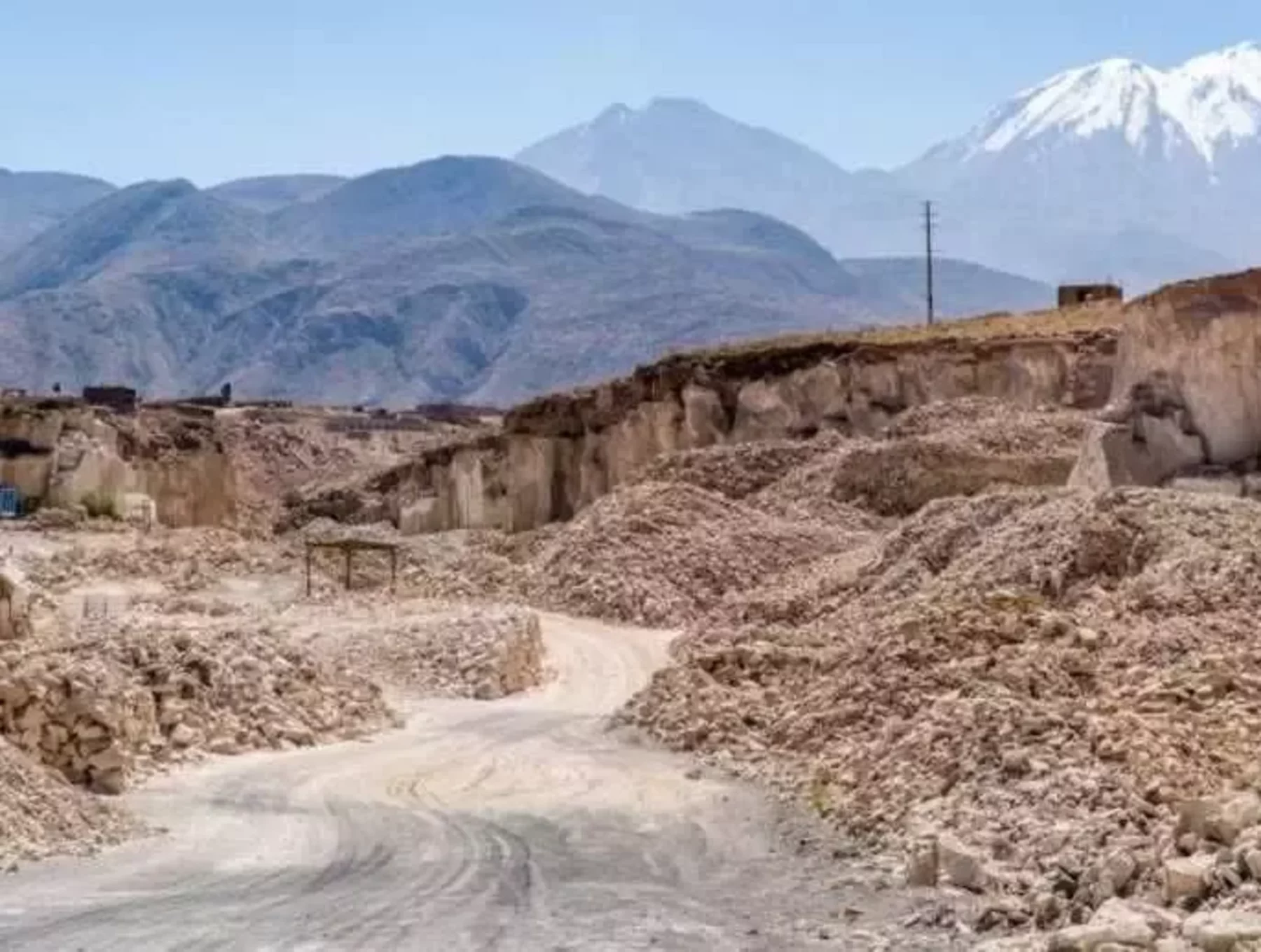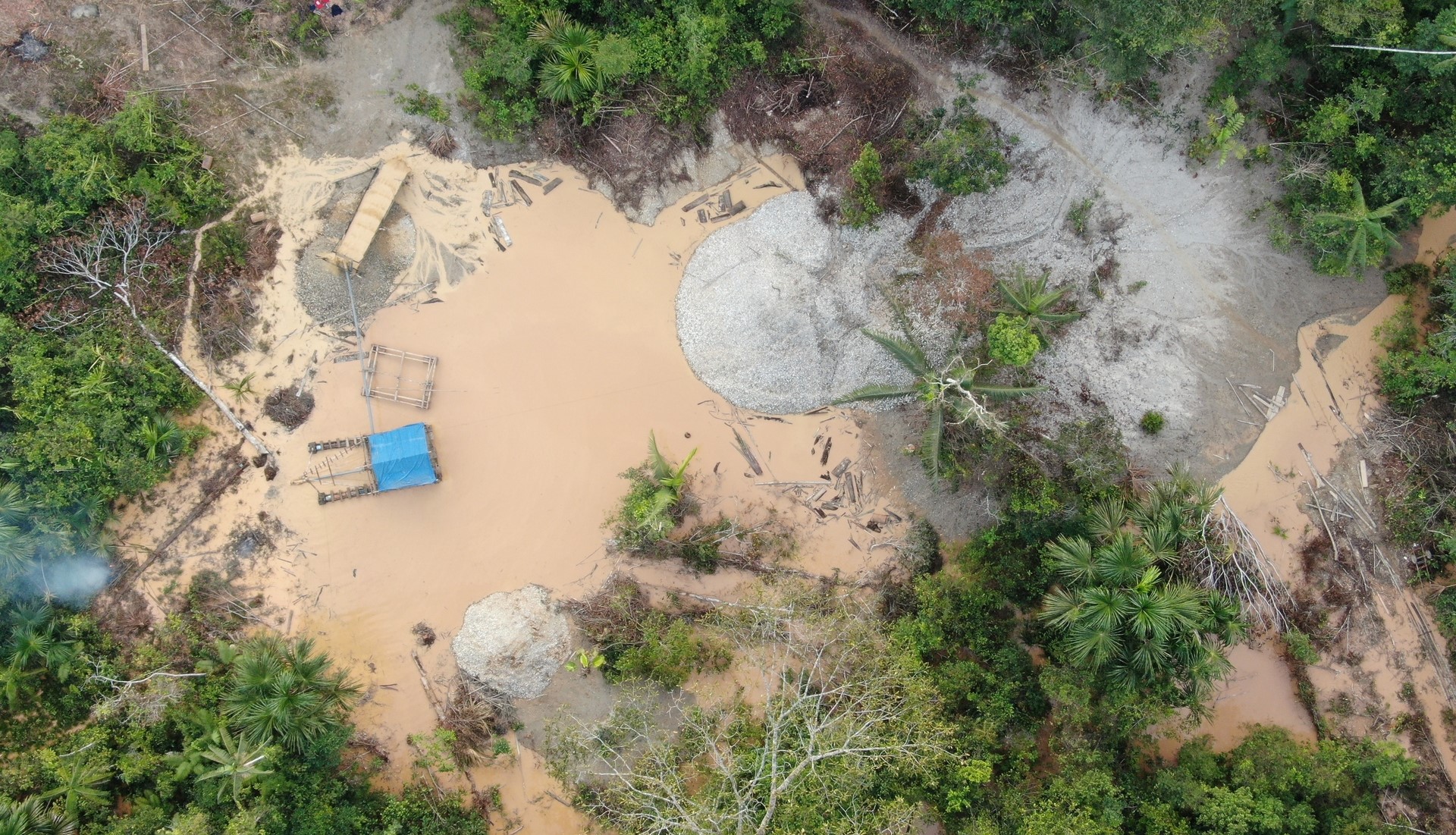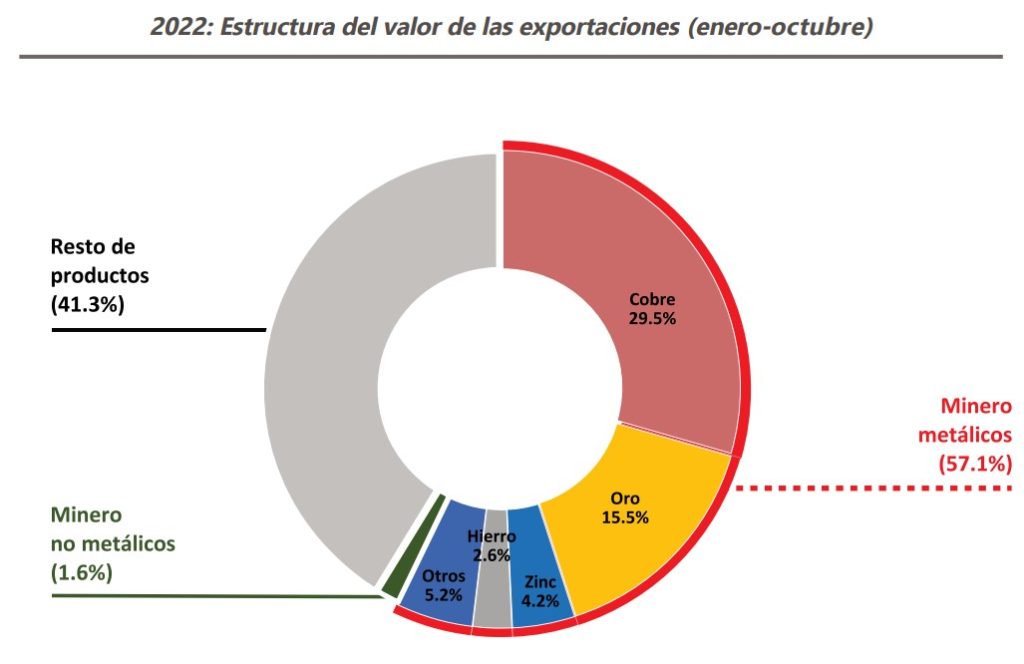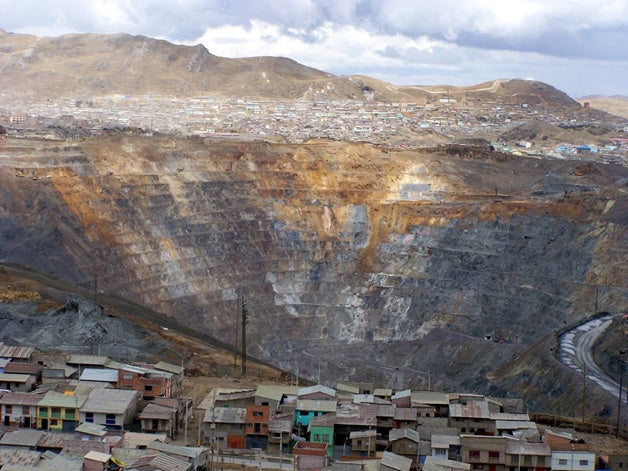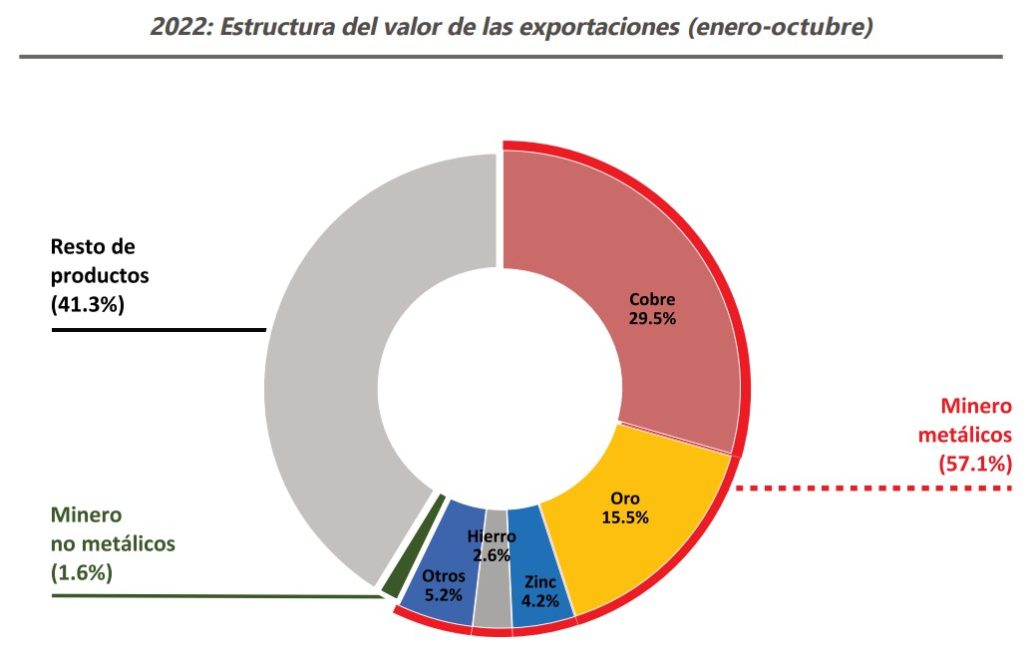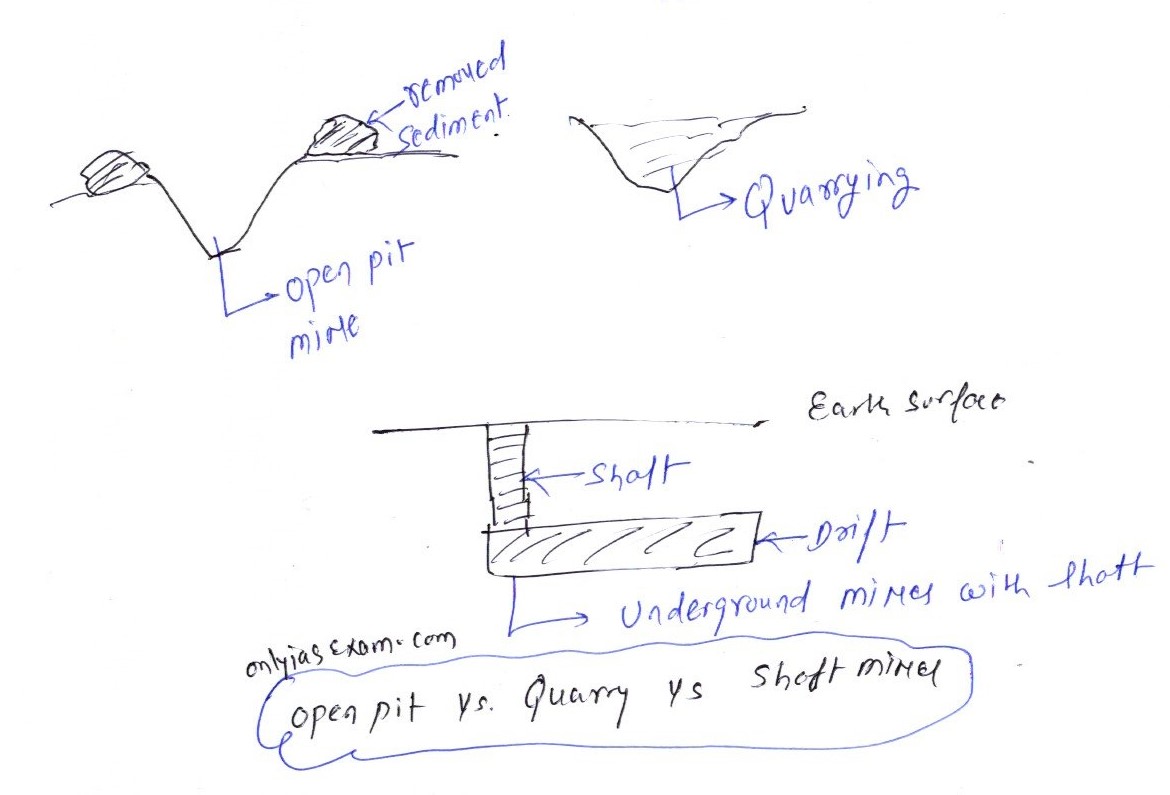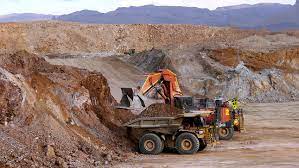Foreign investment can have a significant impact on mining participants in Peru. But what exactly does that mean for those involved in the mining industry in this South American country? Well, let’s dive in and explore the fascinating relationship between foreign investment and mining participants in Peru, shall we?
Mining, as you may know, plays a crucial role in Peru’s economy, contributing to its growth and development. However, mining operations require substantial funding and resources, which may be beyond the reach of domestic participants. This is where foreign investment comes into play, offering financial support and expertise to unlock the full potential of Peru’s mining sector.
So, how does foreign investment impact mining participants in Peru? The answer lies in the opportunities it creates for growth, innovation, and job creation. With increased foreign investment, mining participants in Peru can access advanced technologies, modern equipment, and global markets, leading to improved productivity and competitiveness in the industry.
In summary, foreign investment has the power to transform the mining landscape in Peru, opening doors to new possibilities for mining participants. By providing much-needed resources and expertise, foreign investment fuels growth, innovation, and job creation in the country’s mining sector. So, let’s delve deeper into this fascinating topic and uncover the ways in which foreign investment impacts mining participants in Peru.

How does foreign investment impact mining participants in Peru?
Foreign investment plays a significant role in the mining industry in Peru. The influx of foreign capital brings both benefits and challenges for the local mining participants. In this article, we will explore the various ways in which foreign investment impacts mining participants in Peru, including economic growth, technological advancements, environmental concerns, labor conditions, and more.
Economic Growth and Employment Opportunities
Foreign investment in Peru’s mining sector has contributed to significant economic growth in the country. The mining industry attracts foreign investors due to its rich mineral resources, such as copper, gold, and silver. These investments lead to the creation of new mining operations, which, in turn, generate employment opportunities for both skilled and unskilled workers. Increased employment not only improves the standard of living for individuals but also stimulates economic activity in nearby communities.
Additionally, foreign investment helps boost Peru’s GDP by increasing export revenues. The extraction and exportation of mineral resources contribute to foreign exchange earnings, which, in turn, strengthens the country’s economy. As foreign companies invest in mining projects, they often bring in advanced technologies and expertise, leading to improved productivity and efficiency in the sector.
However, it is essential to strike a balance between attracting foreign investment and ensuring that the benefits are equitably distributed among the local population. Transparency and fair distribution of wealth are critical to avoid exacerbating income inequalities.
Technological Advancements and Knowledge Transfer
Foreign investment brings with it advanced mining technologies and practices that can greatly benefit the local mining participants in Peru. Multinational mining companies often introduce state-of-the-art equipment, machinery, and processes that enhance productivity and reduce environmental impacts. These technological advancements can lead to greater operational efficiency and improved safety standards.
Moreover, foreign investors also offer knowledge transfer opportunities to local mining participants. Through collaboration and partnerships, local workers and companies can learn from the expertise and experience of their foreign counterparts. This knowledge exchange can contribute to the professional development of local workers and enhance their skills and capabilities.
However, it is crucial for the Peruvian government and mining industry regulators to ensure that the knowledge transfer is not a one-way process. Efforts must be made to encourage knowledge sharing between foreign investors and local participants and promote the development of a skilled workforce in the country.
Environmental Concerns and Sustainable Practices
Foreign investment in the mining sector can bring about both positive and negative environmental impacts. On the one hand, foreign investors often have access to more advanced and environmentally friendly technologies, which can help minimize the ecological footprint of mining activities. These technologies can include strategies to reduce water usage, mitigate air pollution, and implement responsible waste management practices.
On the other hand, the extraction of mineral resources, especially in large-scale operations, can have adverse effects on the environment. Issues such as deforestation, habitat destruction, water contamination, and greenhouse gas emissions need to be addressed to ensure sustainable mining practices. The Peruvian government and mining industry stakeholders must collaborate to establish stringent environmental regulations and enforce compliance to mitigate the negative impacts of mining on the environment.
Furthermore, foreign investors should be encouraged to support initiatives that promote environmental conservation and the long-term sustainability of mining operations. This can include investing in reforestation programs, biodiversity preservation, and the adoption of renewable energy sources for mining activities.
Labor Conditions and Social Responsibility
Foreign investment in the mining sector also has implications for labor conditions and social responsibility. The presence of multinational mining companies can lead to job opportunities, both directly and indirectly, as the industry demands support services and infrastructure development. However, it is crucial to ensure that these jobs come with fair wages, safe working conditions, and respect for workers’ rights.
Foreign investors have a responsibility to adhere to ethical labor practices and support the well-being of workers and local communities. This may involve providing appropriate compensation, investing in community development projects, and engaging in dialogue with stakeholders to address social concerns. The Peruvian government plays a vital role in enforcing labor laws and implementing mechanisms to monitor and regulate the industry to ensure compliance with international standards.
By prioritizing fair labor practices and social responsibility, foreign investment can have a positive impact on mining participants in Peru, fostering sustainable development and improving the overall quality of life for those involved in the industry.
Investment Stability and Regulatory Framework
A favorable investment climate with a stable regulatory framework is crucial for attracting foreign capital to the mining sector in Peru. Promoting transparency, legal certainty, and clear policies can help build trust among foreign investors and encourage long-term commitments.
Peru has taken steps to improve its investment climate, such as implementing laws that protect foreign investment and establishing institutions to oversee the licensing and regulation of mining activities. However, there is always room for improvement, and the government must continue to refine its regulations, streamline bureaucratic processes, and address any potential corruption or governance issues.
By providing a stable investment environment, Peru can continue to attract foreign investments, which will ultimately benefit the local mining participants and contribute to the sustainable growth of the mining industry.
Infrastructure Development and Local Economy
Investments in the mining sector often go hand in hand with the development of infrastructure, such as roads, railways, ports, and power supply systems. These infrastructure projects not only facilitate mining operations but also have a positive impact on the local economy. Improved transportation networks, for example, enable the efficient movement of goods and services, benefitting other industries and promoting regional economic growth.
The construction and maintenance of infrastructure projects also create additional employment opportunities and stimulate local businesses. Local entrepreneurs can provide goods and services to support mining operations, from equipment maintenance and supply to catering and hospitality. This local economic stimulus contributes to the well-being and development of surrounding communities.
However, it is crucial to consider the potential social and environmental impacts associated with infrastructure development. Stakeholder engagement and proper environmental assessments should be conducted to mitigate any negative consequences and ensure that infrastructure projects align with sustainable development principles.
Key Takeaways: How does foreign investment impact mining participants in Peru?
Foreign investment in Peru’s mining industry can bring economic growth and job opportunities for local participants.
Investments from abroad often lead to the development of advanced technology and infrastructure in Peruvian mines.
Foreign investors can provide capital and expertise to improve the efficiency and productivity of mining operations in Peru.
The presence of foreign investors can also lead to increased competition among mining participants, driving innovation and best practices.
However, there may be concerns about the environmental and social impacts associated with foreign investment in mining.
Frequently Asked Questions
Here are some common questions about how foreign investment impacts mining participants in Peru.
1. What is the role of foreign investment in the mining industry in Peru?
Foreign investment plays a significant role in the mining industry in Peru. It brings in capital, technology, expertise, and market access that contribute to the growth and development of the sector. Foreign investors often provide the necessary funding for exploration, construction of mining operations, and implementation of innovative technologies. Their involvement creates job opportunities and stimulates economic growth in the region.
Furthermore, foreign investment enhances the competitiveness and efficiency of mining operations in Peru. It introduces advanced mining techniques and promotes sustainable practices. The influx of foreign capital also helps attract other investments and fosters collaboration between local and international mining companies, leading to knowledge exchange and further industry development.
2. How does foreign investment benefit local participants in the mining industry?
Foreign investment benefits local participants in the mining industry in several ways. Firstly, it creates employment opportunities, as mining operations supported by foreign investment require a skilled workforce. This helps alleviate unemployment and boost economic activity in the region. Additionally, foreign investment often leads to technology transfers, allowing local participants to gain knowledge and expertise in advanced mining methods.
Moreover, foreign investment can contribute to social development through corporate social responsibility initiatives. Many foreign companies invest in infrastructure development, healthcare, education, and other social projects that benefit local communities. This can lead to improved living conditions, access to education, healthcare services, and overall well-being for the people living near mining operations.
3. Are there any challenges associated with foreign investment in the mining industry in Peru?
While foreign investment brings numerous benefits, it also presents several challenges. One major challenge is the potential for environmental impact. Mining operations, particularly large-scale ones, can have significant environmental consequences such as deforestation, water pollution, and habitat destruction. Balancing the economic benefits of foreign investment with sustainable environmental practices is crucial.
Another challenge relates to the distribution of wealth and profit-sharing. Ensuring that local communities receive their fair share of the economic benefits generated by foreign investors is essential. This requires effective governance, transparency, and clear regulations that protect the rights and interests of all stakeholders involved in the mining industry.
4. How does foreign investment impact the local economy outside the mining sector?
Foreign investment in the mining sector can have positive spillover effects on the local economy outside of the mining industry. It creates demand for goods and services, leading to the growth of supporting industries such as transportation, construction, and manufacturing. The increased economic activity can also attract investments in other sectors, stimulating overall economic development in the region.
Moreover, foreign investment can contribute to the diversification of the local economy. As mining activities expand, there is often a need for infrastructure development, tourism services, and other business opportunities. This diversification helps reduce the region’s reliance on a single industry, making the economy more resilient and less vulnerable to fluctuations in commodity prices.
5. How does the government in Peru regulate foreign investment in the mining sector?
The Peruvian government has implemented various regulations and policies to regulate foreign investment in the mining sector. These include the promotion of foreign investment through investment protection agreements, tax incentives, and simplified administrative procedures. The government also ensures environmental and social standards are met by requiring mining companies to comply with strict regulations.
Additionally, the government actively engages in dialogues with stakeholders, including local communities, to address concerns and ensure that the benefits of foreign investment are shared equitably. This includes the development of social programs, compensation for land use, and the establishment of mechanisms to resolve conflicts that may arise between different stakeholders. Overall, the government plays a crucial role in creating a favorable environment for foreign investment while safeguarding the interests of all parties involved.
Why does CASTILLO want to NATIONALIZE MINING in PERU? – VisualPolitik EN
Summary
Foreign investment in Peru’s mining industry has both benefits and challenges. On the one hand, it brings economic growth, job opportunities, and technological advancements. However, it also leads to social and environmental concerns, including displacement of communities and damage to ecosystems. It is important for Peru to strike a balance between reaping the rewards of foreign investment and safeguarding the rights and well-being of its people and environment. Transparency, accountability, and strong regulations can help mitigate the negative impacts and ensure a more sustainable mining industry in Peru.


